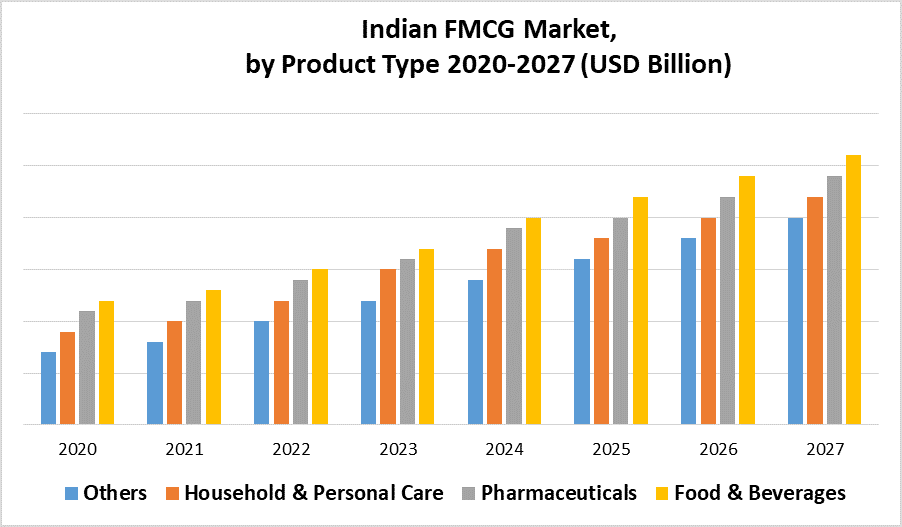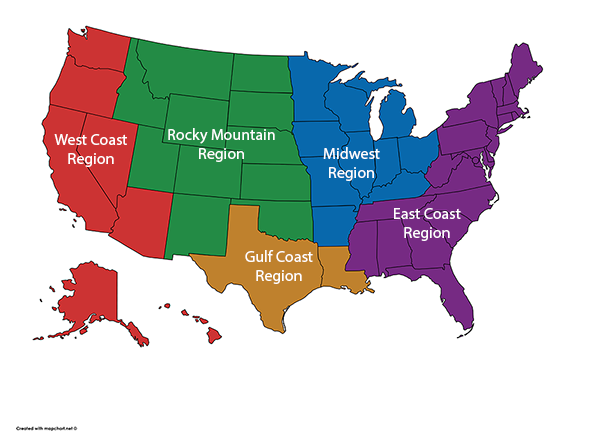Selling internationally itself is a risky process more so due to complexities in export policy with distribution channels.
International sales involves varying degrees of trade and tariff related barriers. Many businessmen have demonstrated a unique ability to successfully commercialize their sales process in complex world of exports. They have overcome challenges not only by providing excellent business efficiency, but also formulating sound export policy for export sales.
A good product requires certain level of scale to generate successful sales on a sustainable basis. The journey from production line to overseas market place, requires economic viability. Else they are bound to fail one day or the other.
The art of commercializing in export markets requires navigating numerous landscapes concurrently. Whether it is export documentation in line with correct H.S Code, meeting regulatory approval or labelling requirements (many times in local language). Whether it is developing logistics or cost effective packaging to meet shipping and retail shelf life. This all requires building efficient supply chain, legal and banking system to collect the revenue in a risk free manner from overseas customers.
Commercial Catalysts
One of the best ways to commercialize sales in overseas markets is to partner with commercial catalysts namely, distributors, resellers, retailers, franchisee or manufacturer representatives. It is important to choose sales channels very diligently to overcome challenges while bringing product or service to overseas markets.
In current digital era, simply being smart may fall short. Innovation and smart solutions go hand in hand now. The delivery models are changing overnight and technology is shortening the product life cycle at a fast pace.
A ground breaking product may become obsolete within a short span. The distribution channels like distributors, franchisee along with commission agents can be your strategic partners. They help to keep you abreast of changing dynamics on both technology and commercial innovations( like Blockchain, fintech etc.)
Export Policy
Commercial export policy plays an extremely important role in success of any product or service. The right price positioning in the overseas market requires sound commercial policy. The export policy should be flexible and customized enough to meet legal obligations of targeted export market requirements. It should encompasses and define all commercial elements.
For example a distributor agreement or franchise contract should clearly define at least below three elements
a) Delivery incoterms (Ex works, FOB, CIF, CFR, DDP etc.) in distributor agreement Or Brand usage in franchise contract. Applicable HS codes for export.
b) Discount structure linked with minimum order quantity), PPD (prompt payment discount) in line with market. Royalty and/ or Franchise fees as applicable to franchise contract.
c) Payment terms (Credit period; LC or TT, Upfront fee or Monthly fee from sales etc.); to avoid unnecessary discrepancies etc.
Flexibility and transparency
As the famous axiom says ‘nothing is constant other than change’. A flexible commercial policy improves transparency leading to business credibility. As trust takes time to develop, sales policy consistency also needs time. It involves continuous learning and adapting to evolving innovations for example credit insurance or fintech landscape.
Conclusion
To be successful in overseas markets, commercial policy framework is as important as product or service specifications. It may take some time to research and arrive at essential elements for building a sound commercial policy. However it’s worth spending time and effort to build this building block while targeting any export market.



